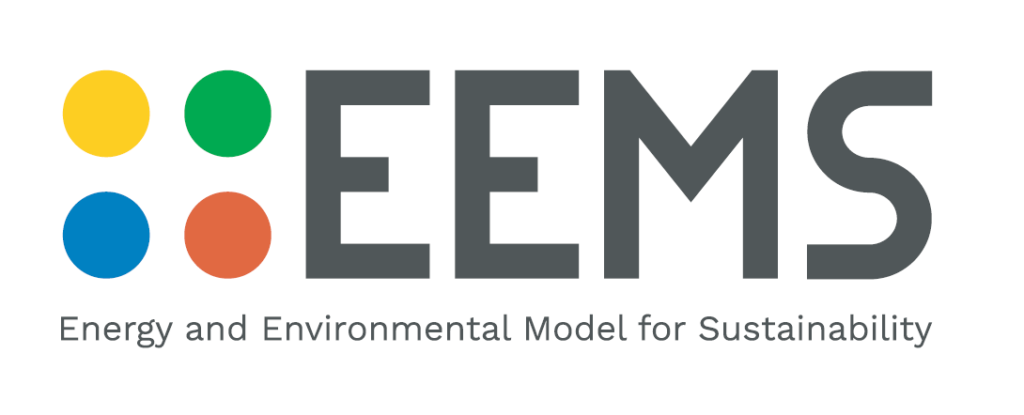Hello and welcome to the 2024 edition of Temperature Check, Portland’s annual COP newsletter, brought to you by our international development and sustainability experts.
This week we’ll be diving into the outcomes of COP16 and what, if anything, the discussions in Colombia on biodiversity and climate finance can tell us about what to expect from COP29 in Baku. Over the coming weeks, we’ll also explore the impact that US president-elect Donald Trump might have on the global climate agenda and share developments and analysis on COP29 as discussions unfold in Baku.
Climate finance talks heat up in Colombia – but who pays the bill?
COP16 has now concluded, with a failure to resolve key points of tension, especially around finance. That’s likely to heighten concerns around how much progress is possible at COP29. Climate and nature campaigners hoped COP16 would accelerate action towards the landmark Kunming-Montreal Global Biodiversity Framework, set out in Canada two years ago, which saw countries commit to global targets to reverse nature loss by 2030.
Central to this agreement, and a priority in Colombia, was reaching the 30×30 target aiming to place 30% of Earth’s land, inland water, coastal and marine areas under conservation protection by 2030. To fund the Kunming-Montreal goals, countries aimed to secure $200 billion in annual conservation funding by 2030 – of which $30 billion was intended to be contributed directly by the world’s rich nations – but a strategy for mobilising the funds was left to COP16.
A lack of progress on the goals set out in the Kunming-Montreal Agreement has caused alarm beyond questions of funding, with more than 150 countries having failed to submit plans laying out how they will meet the targets agreed at COP15 two years ago. The summit’s conclusion saw delegations leave Colombia without agreeing a clear strategy for financing the 30×30 target and other critical biodiversity goals. Some donors announced new pledges, including the European Union, but these stood out against a broader failure of nations to step up to the plate with the financing needed. Overall, just $163 million was pledged to the fund throughout the summit – far short of the $30 billion targeted by 2030.
Progress on priorities beyond financing
Despite frustrations over funding, it’s not all bad news. COP16 saw countries approve new representations for Indigenous peoples and local communities in global decision-making on biodiversity and set out plans for a global fund to collect and distribute so-called Digital Sequence Information. A new subsidiary body will now be created to include Indigenous peoples, with the passage drawing shouts of delight from Indigenous activists when it was announced. The group will be led by two co-chairs, with one appointed by UN delegations and one selected by Indigenous representatives.
Another breakthrough concerned the use of genetic material, with countries at COP16 agreeing to a roadmap for companies around the world to pay for the use of genetic information in their research and development. The move will affect a wide range of sectors, including the beauty industry and pharmaceutical companies, although notably the contributions are voluntary under the terms of the agreement.
Can Azerbaijan’s ‘Finance COP’ turn the tide?
Without a set path towards financing more ambitious global conservation, reviews of COP16 from attendees, activists and journalists have been grim. The Director-General of the World Wildlife Fund, Kirsten Schujit, said the summit’s failure to achieve funding breakthroughs means ‘we’re now veering dangerously off track’, adding that ‘nobody should be okay with this – because it will impact us all’. One Brazilian negotiator sharply criticised the summit for leaving vital funding discussions to the end of the programme, saying ‘we should have decisions guaranteeing that we have the resources we need’.
The difficult global context has seen many rich countries cut foreign aid and climate financing abroad, rather than committing to the steep escalation in financing needed to help developing countries achieve climate and biodiversity pledges. Notably, the US pledged no new funds at COP16, a troubling signal of what may lie ahead for future efforts to raise foreign aid and climate funds without American financial support. The election of Donald Trump as the 47th president has cast further shadows over the possibility of constructive US engagement in any COP-related discussions.
With COP16’s financing efforts falling short and a troubled funding environment generally, COP29 looks set for an uphill battle if it is to achieve its climate-financing objectives and live up to its branding as the ‘Finance COP’. The New Collective Quantified Goal and Climate Action Finance Fund announced by the COP29 Presidency will mandate significant new financing contributions. Yet the struggle to secure additional public financing for biodiversity at COP16 is likely to underline the urgency of engaging the private sector and mobilising additional financial resources.
What’s next?
COP29 is set to kick off in Baku on 11 November, in a broadly anxious global context, especially following Trump’s election victory. Trump’s advisers have signalled that he will pull the U.S. out of the Paris Climate Accord, as he did after his victory in 2016, and may withdraw the United States from the foundational UNFCCC framework, too. That won’t happen in time for Baku, but President Joe Biden and US negotiators know that any commitments they make in Azerbaijan will likely be immediately undone once Trump returns to the White House in January.
Stay tuned for an update next week, when we’ll dive into the broader implications of the US election and discuss key expectations and ways of engaging effectively around COP29.
Sign up for future editions of Temperature Check here.
In the headlines
- New York Times, Global Summit on Nature Adopts a Novel Way to Pay for Conservation
- Reuters, Public funding for nature conservation stalls at COP16
- The Guardian, Alarm grows over ‘disturbing’ lack of progress to save nature at COP16
- UN News, COP16: Landmark biodiversity agreements adopted
- Le Monde, COP16 biodiversity ends without agreement on funding roadmap to rescue nature
- Forbes, COP16’s Chaotic End: What it Means For The Future Of Biodiversity
Politico, COP16 fizzles out as rich countries block global nature fund





